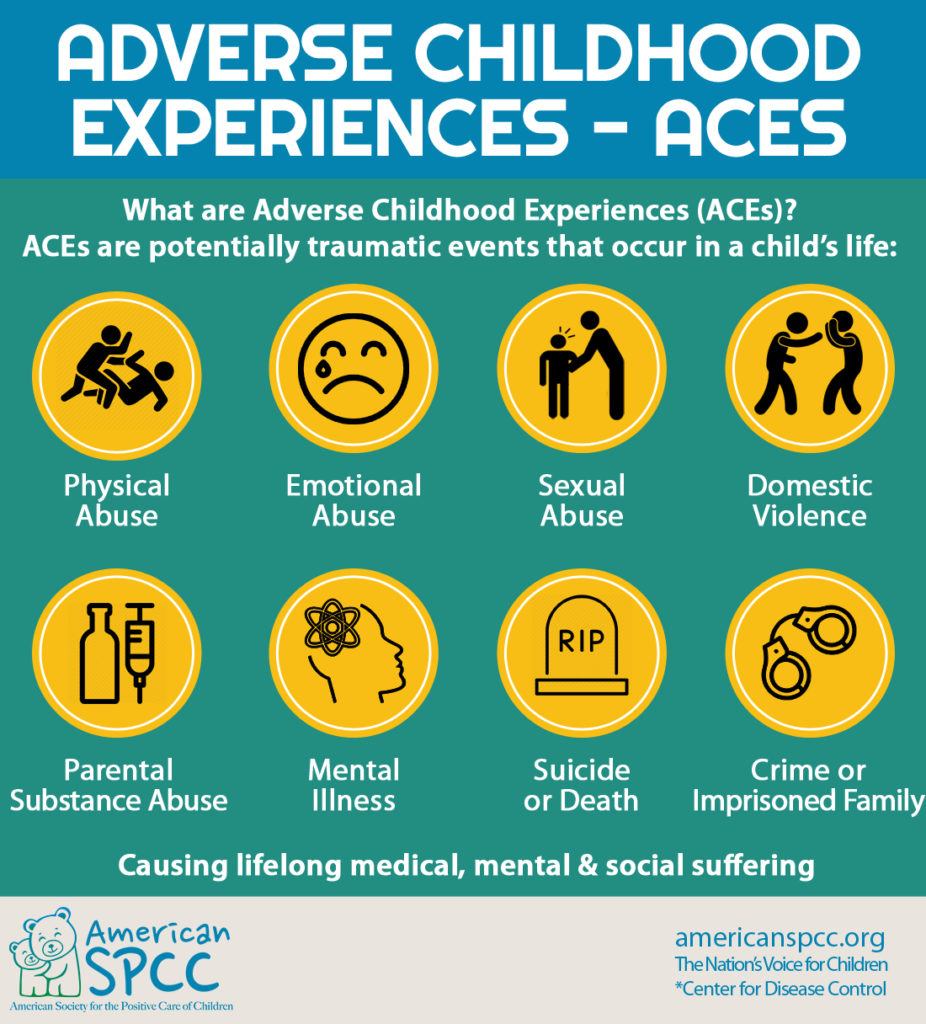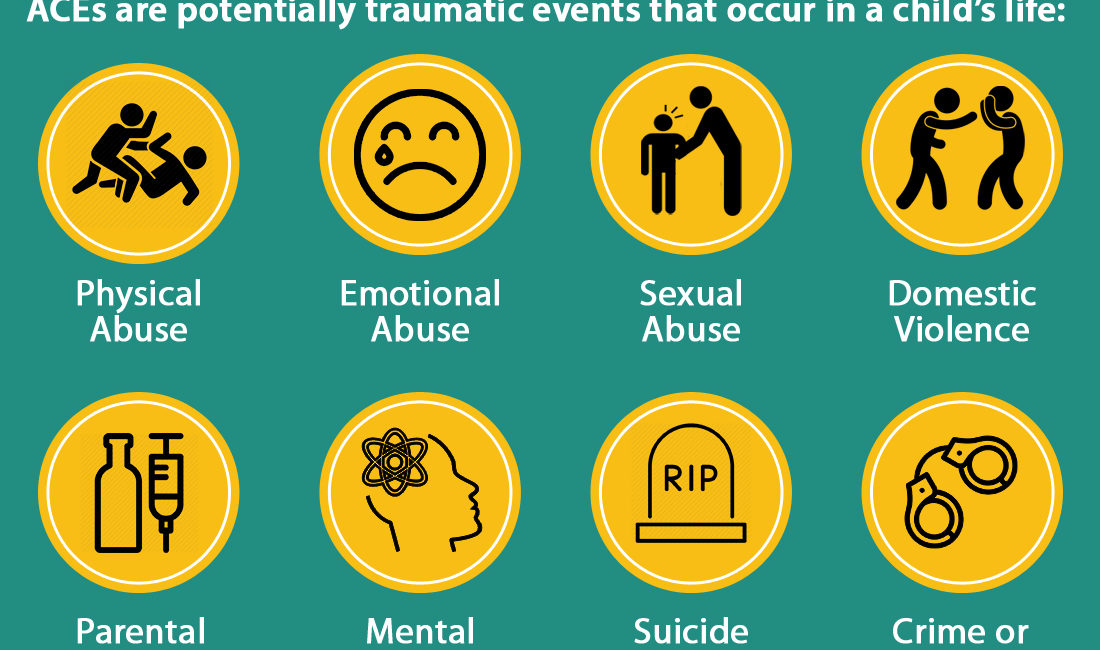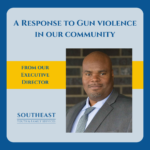ACEs stands for “Adverse Childhood Experiences” and includes experiences like abuse, neglect, and household violence. We may have intuitively known that these kinds of experiences are not good for children. Why is understanding the impact important?
Research now shows us that the more ACEs that children experience, the more likely they are to suffer from both medical concerns like heart disease and diabetes, but also mental health and substance abuse later in life.
Experiencing many ACEs, as well as things like racism and community violence can cause toxic levels of stress. This can activate the body’s stress response system and can lead to negative impacts on both the body and brain.

We also know that we can reduce the effects of this stress through a range of interventions that can help, including mental health therapy, meditation, physical exercise, spending time in nature, and most importantly– making sure that children have supportive adults in their lives.
At Southeast Youth and Family Services, we focus on fostering strong, responsive relationships between children and their caregivers, and helping children and adults develop effective coping skills in order to help buffer them from stress and build resilience.
Interested in learning more? Watch this video below by Dr. Nadine Burke Harris.
Mary Malhoit is Clinical Director at Southeast Youth & Family Services.







